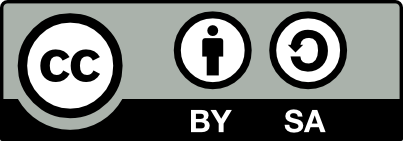Measuring Student Involvement When Taking Tests in E-learning Courses
Artykuł w czasopiśmie
MNiSW
70
Lista 2021
| Status: | |
| Autorzy: | Dziedzic Krzysztof |
| Dyscypliny: | |
| Aby zobaczyć szczegóły należy się zalogować. | |
| Rok wydania: | 2021 |
| Wersja dokumentu: | Drukowana | Elektroniczna |
| Język: | angielski |
| Numer czasopisma: | 1 |
| Wolumen/Tom: | 7 |
| Strony: | 1 - 17 |
| Efekt badań statutowych | NIE |
| Materiał konferencyjny: | NIE |
| Publikacja OA: | TAK |
| Licencja: | |
| Sposób udostępnienia: | Witryna wydawcy |
| Wersja tekstu: | Ostateczna wersja opublikowana |
| Czas opublikowania: | W momencie opublikowania |
| Data opublikowania w OA: | 29 czerwca 2021 |
| Abstrakty: | angielski |
| The ongoing SARS-CoV-2 pandemic has significantly affected the education process of young people in primary, secondary, and tertiary education, as well as those who improve their competences through various courses and trainings. The practically incessant lockdown in education has resulted in a situation in which distance learning, which most often plays a supplementary role, now constitutes the basic form of education. This situation has forced the selection and adaptation of the available e-learning tools to the types of classes and levels of education. Despite great progress in the development of e-learning technologies, constant stimulation and maintenance of students’ interest in the content presented and monitoring their activity still pose a problem, which also concerns the education of computer science students in issues related to computer graphics. Currently, the preferred model of distance learning is based on various technologies and IT tools that enable the implementation of synchronous and asynchronous work. Prompt acquisition of data on students’ activity allows trainers to adjust the form and content of the presented material to their expectations. It also makes it possible to identify issues that pose great difficulties to students. This paper discusses modern solutions and trends in designing e-learning courses based on the new interactive e-learning platform Quizer. The aim of the research is to determine the course effectiveness using the user activity-monitoring module designed and implemented for the Quizer e-learning platform. The correctness of the answers correlates with the number of attempts to answer it (−0.65). The time devoted to a given question was usually high for questions with low correctness of answers. |

